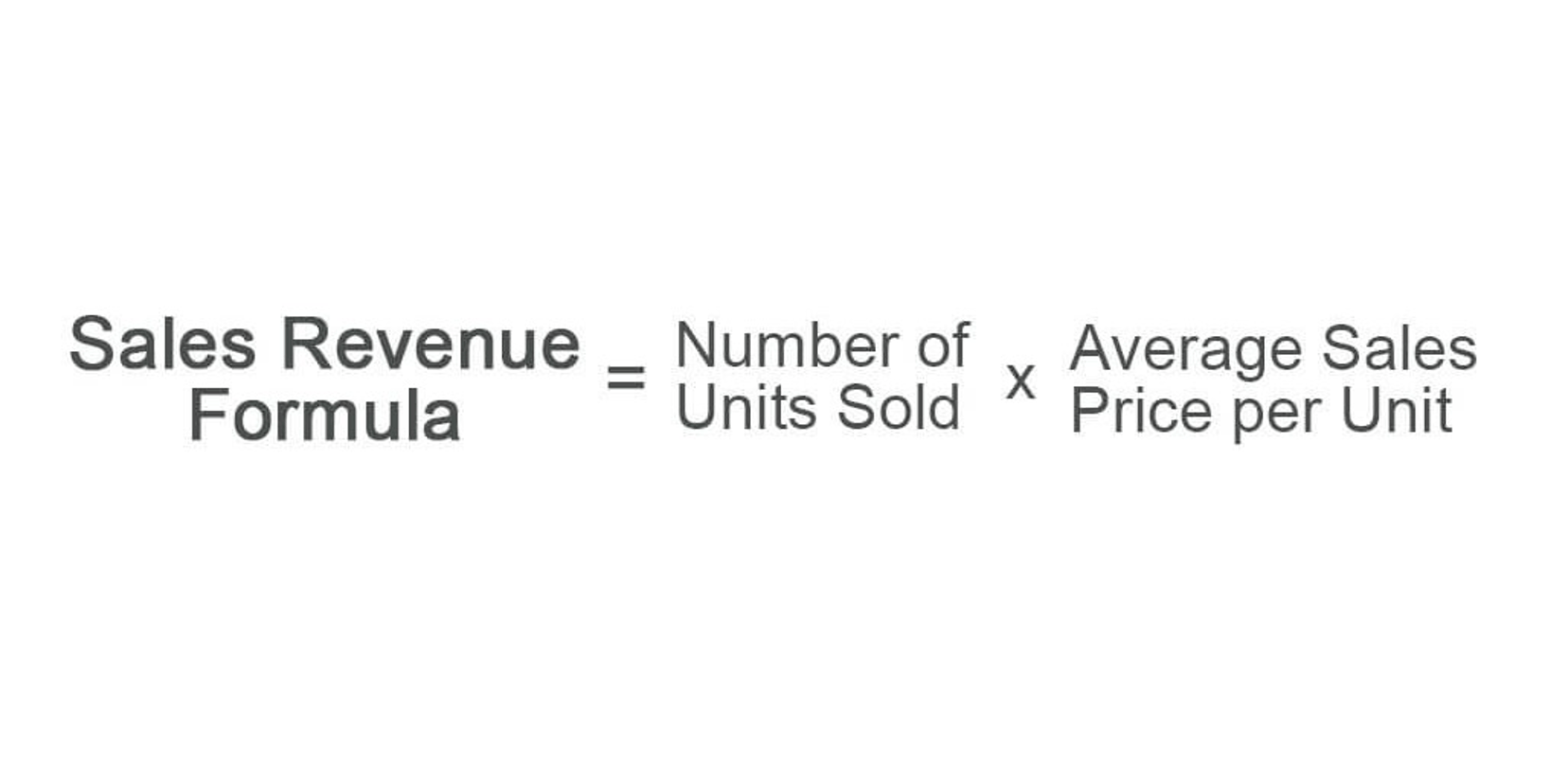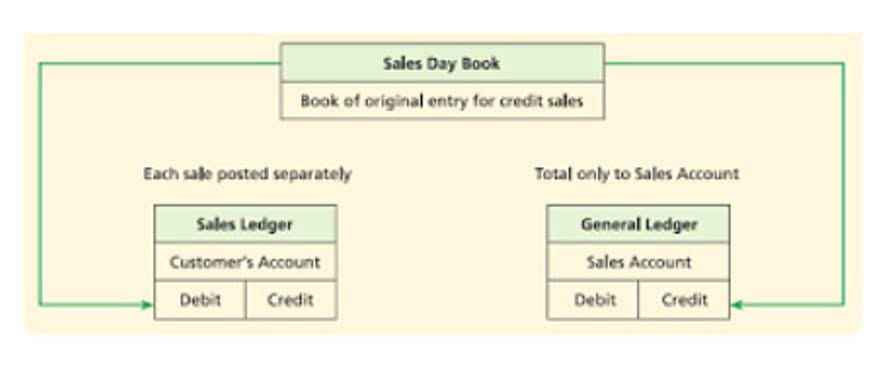
However, professional assistance is advised to navigate the franchise-specific accounting complexities and ensure regulatory compliance. Additionally, franchises must manage a suite of employee benefits, which may include health insurance, retirement plans, and paid time off. Each benefit should be accounted for within Insurance Accounting the payroll system, ensuring accurate deductions and employer contributions. Regular audits can help detect any discrepancies and keep the bookkeeping transparent and up-to-date.

Automated Bookkeeping: Does it Ensure Accuracy?
Consider experience, reputation, pricing structure, and communication skills when outsourcing these services. Outsourcing bookkeeping services frees up franchises’ time and resources to focus on other aspects of their business operations. Think about working with a qualified bookkeeper who has knowledge of franchise bookkeeping. By doing this, you may be sure that your financial records are true and in compliance with all applicable laws. Franchise businesses operate by replicating a successful business model across multiple owners and locations, with key roles and structured agreements essential to their function.
- One of the best features of QuickBooks is their industry-specific templates, which include various franchise categories.
- Franchisees operate under the franchisor’s brand and have access to their systems and processes, which can make it challenging to track revenue and expenses accurately.
- Franchise businesses often require an accountant with expertise in franchise-specific financial challenges.
- The initial setup requires careful input of employee data, including names, addresses, birth dates, and tax withholding information per Form W-4.
- All digitized business cards are stored in a central cloud-based database, making contact information accessible anywhere.
- Proper record-keeping can help you make informed business decisions, plan for the future, and comply with legal requirements.
ACCOUNTING for Everyone
It’s crucial that each franchise location maintains accurate financial records in order to establish a budget, plan for the next fiscal year, prepare for tax season, and financially succeed as a business. Fortunately, franchisors help with setting up the bookkeeping process with already established procedures, training programs, recommended software, expert support, financial reports, and more. A franchise is a business model that allows individuals (franchisees) to operate the locations of a larger company (franchisor) under the company’s brand name, systems, and support.

Mileage tracker

They reflect the financial health of the franchise and are essential for the franchisor’s overarching financial analysis. Franchisees must meticulously record every expenditure to ensure accurate financial reporting and analysis. Expenses should be categorized into distinct groups such as wages, marketing fees, and supply costs. This allows for precise tracking and easier identification of areas where costs can potentially be narrowed down. The franchisor provides branding, systems, and ongoing support, while the franchisee is responsible for managing the day-to-day operations of their individual franchise location. This symbiosis is crucial for maintaining consistency and upholding the brand’s standards.
#4 – Maintaining Consistency Across All Franchise Locations
Analyze your financial data for trends to help you make wise business decisions. Analyzing spending trends, revenue trends, and profitability measurements are all part of this. Payroll data, bank statements, invoices, and receipts are all included in this. Franchisees with a strong grasp bookkeeping for franchisee of accounting principles and adequate time can manage their accounting independently.

- We’ll uncover the financial intricacies that drive franchising, transforming complexity into clarity.
- Shoeboxed allows you to export contact information to various CRM systems so all your business contacts are organized and accessible within your preferred customer relationship management tools.
- Make sure you understand all of the costs related to your franchise agreement, such as advertising, royalty, and other necessary payments.
- Franchise businesses face different nuances when it comes to fees, regulations, and expenses than a typical small business.
- Franchisees with a strong grasp of accounting principles and adequate time can manage their accounting independently.
Staying current with accounting software advances and implementingemerging technologies enhances automation capabilities and improves data analytics. Similarly,monitoring changing regulations and maintaining audit readiness ensures ongoing compliance andrisk management. For franchise businesses, bookkeeping and accounting are crucial for success. Properly managing financial records can provide valuable insights into the company’s profitability, cash flow, and overall performance. Dive into the world of franchise businesses, where established brands and support systems entice entrepreneurs.
What is franchise accounting?

In handling bookkeeping for a franchise business, one must grasp fundamental accounting principles, comprehend the nature of business transactions, and manage retained earnings cash flow diligently. The franchise agreement will outline specific requirements regarding expenses. Some franchisors might have pre-approved vendors for specific supplies or equipment, so these expenses might be necessary to maintain operational standards.
